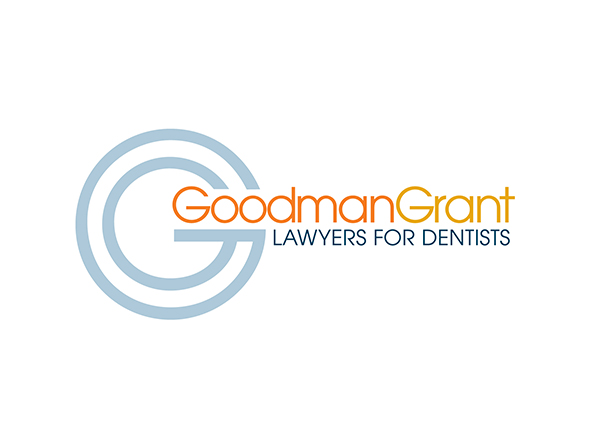The end of a commercial lease – Ifath Khan Goodman Grant
Featured Products Promotional FeaturesPosted by: Dental Design 9th December 2019

 A commercial lease is a legally-binding agreement between a landlord and a business tenant. This gives the tenant the right to use a property for business or commercial activity for a set period of time as permitted under the lease. As a dental practice owner, it is important that a lease meets your goals and expectations with regard to your business, but how can your commercial lease come to an end?
A commercial lease is a legally-binding agreement between a landlord and a business tenant. This gives the tenant the right to use a property for business or commercial activity for a set period of time as permitted under the lease. As a dental practice owner, it is important that a lease meets your goals and expectations with regard to your business, but how can your commercial lease come to an end?
Landlords ending the lease
As a landlord – whether or not you have a formal written lease in place – if there is a tenant occupying the premises for the purposes of a business, then the tenant is protected under legislation. The landlord’s ability to end the lease is governed strictly by the law.
The landlord can end the lease by the following methods:
- In accordance with notice provisions contained in the Landlord and Tenant Act 1954 (at the end of the lease term, if a written agreement is in place). The act actually requires the landlord to offer, within the notice, a renewal lease based on the current terms of the tenancy to the tenant. Only in in very specific circumstances can the landlord seek termination of the lease within the notice – for example, if the landlord states that they seek repossession of the property for their own use or for redevelopment. The latter two examples have to be substantiated by proper supporting evidence.
- A mutual agreement between the landlord and the tenant known as a surrender.
- The landlord may be able to end the lease when the tenant fails to pay the rent or meet other obligations, but this would usually require court intervention.
- If there are forfeiture clauses in the lease, then there are situations where the landlord can end the lease. However, the tenant can challenge the termination in court and may be allowed to stay at the property if the challenge is successful.
- If the lease is excluded from the protection of the legislation mentioned above, the landlord can terminate the agreement in accordance with the terms of the lease, which – if the lease allows – could be earlier than the lease end date, a landlord’s break clause.
Tenants ending the lease
The means by which the tenant can end the lease are as follows:
- It has served the specific notice to terminate in accordance with the Landlord and Tenant Act 1954 at the end of the lease term.
- If the landlord agrees to end the lease with the tenant and this can be anytime during the term of the lease.
- There is a break provision in the lease that allows the tenant to terminate the lease early. The provisions must be followed strictly.
- The tenant passes the lease onto someone else, although usually the landlord’s consent is required and the landlord will ask the outgoing tenant to provide a guarantee.
- Within the lease, the tenant is allowed to sub-let and in that situation the Tenant will remain responsible for the rent even if they are not trading at the premises.
Terminating the lease by inadvertent means
As mentioned above, a surrender of the lease can occur expressly between the parties by agreement. Where the landlord and the tenant have entered into a Deed of Surrender, the lease can end and the terms are unambiguous. A lease can also end by what is known as a surrender by operation of the law. A lease can be deemed as surrendered by operation of the law as a result of the landlord and the tenant’s conduct. The conduct of both parties must be so inconsistent with the continuation of the tenancy, that the only logical conclusion would be that the tenant has given up occupation and the landlord has accepted this. Examples of such surrenders include when:
- The landlord has granted a new lease of the same premises to the existing tenant.
- The tenant has given up possession of the premises (e.g. by returning the keys to the landlord and vacating) and the landlord has either gone back into possession of the premises, accepted the keys, or has granted a new lease to another tenant.
- The landlord and the tenant have agreed – by written agreement – to extend the contractual terms of the lease or increase the extent of the premises. In which case, the law implies a regrant of the lease to the tenant on varied terms.
The lease for your dental practice may be nearing the end of its contractual term. You might even be considering serving a notice to quit or exercising a break option. Should you have any queries or concerns in this regard, it is always worthwhile seeking legal advice and guidance from a trusted team of solicitors like Goodman Grant. Being prepared for the end of your commercial lease will ultimately minimise potential problems.
Ifath Khan of Goodman Grant Solicitors – contact on ik@goodmangrant.co.uk
For more information visit www.goodmangrant.co.uk or contact your nearest office:
London: 0203 114 2133
Leeds: 0113 834 3705
Liverpool: 0151 707 0090










